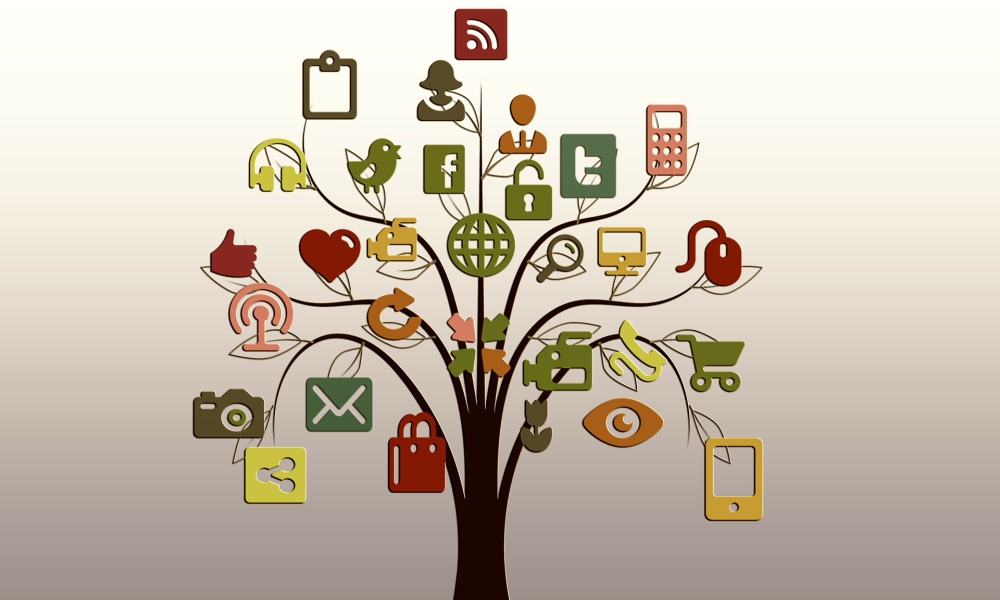The 2015 Paris agreement on climate change and the 2030 agenda for sustainable development are two environmentally significant developments which provide a roadmap to achieve a low-carbon, climate-resilient world and eradicate global poverty. Given the country-specific implementation of environmental policies, many argue that building a society of climate and environmentally literate citizens is critical to success. This article looks into the deterring role of fake news when it comes to raising environmental consciousness about climate change among the public.
Highlights:
- The UNESCO proposed a solution to raising the environmental consciousness is a wider dissemination of scientific information. However, an open access to scientific information is not enough within the context of the proliferation of fake news today.
- Fake news has manipulated scientific knowledge for decades and spread confusion among the population, and derailing environmental progress. One major example is the lack of public awareness of the scientific consensus that climate change is human-caused.
- Social media has created echo-chambers which leads these platforms to further perpetuate the problem. This is worry because most young adults claim to receive their news from Facebook and other social media.
- The author(s) argue that to successfully implement the hard-won environmental initiatives, multiple stakeholders from the media, academia, scientists, educators need to collaborate to improve the media literacy within society to inoculate it against fake news.

